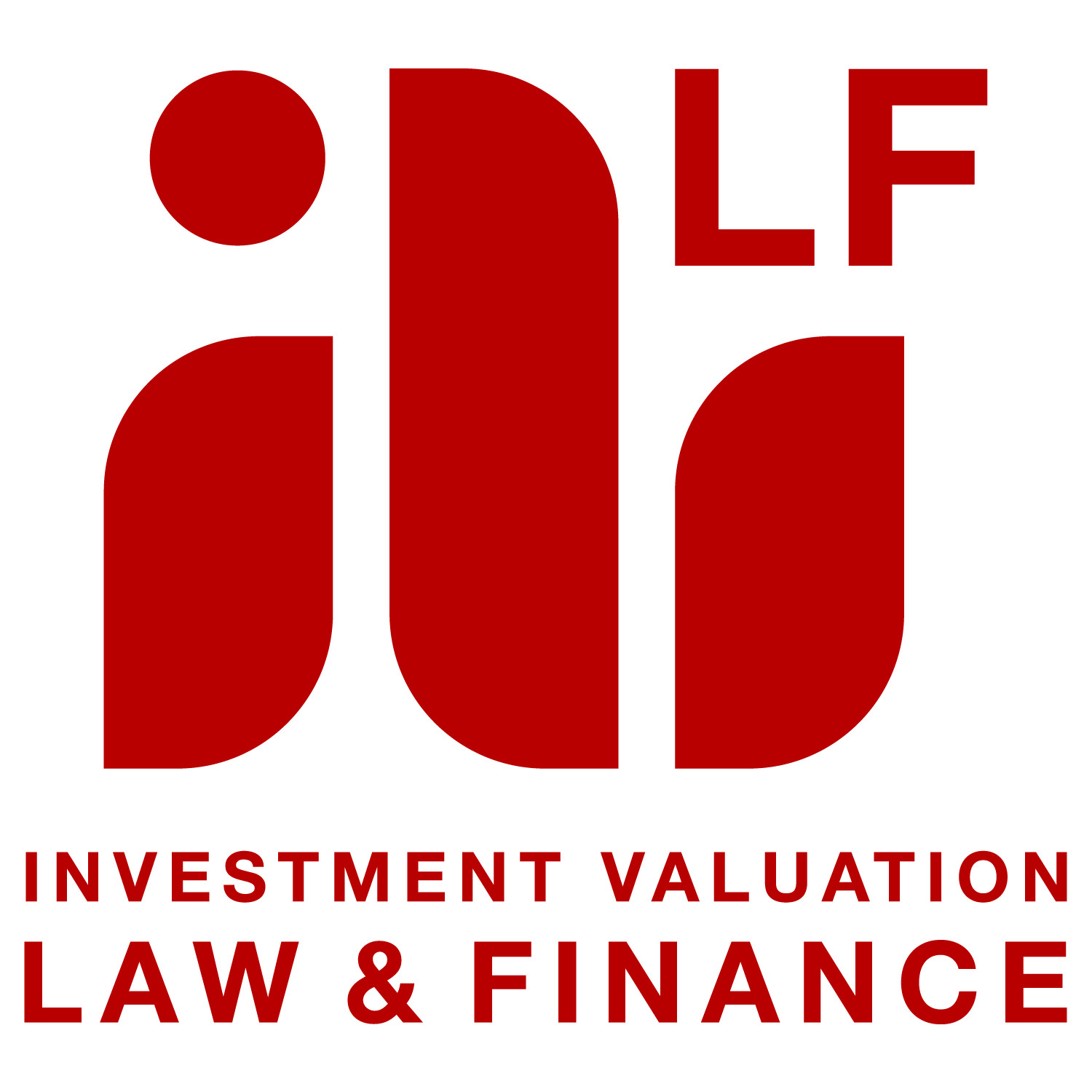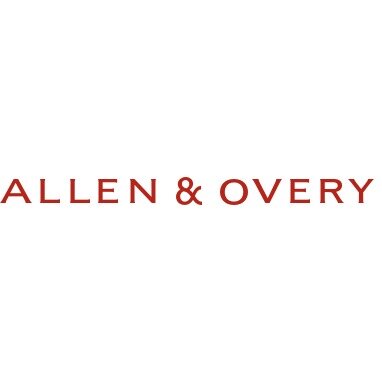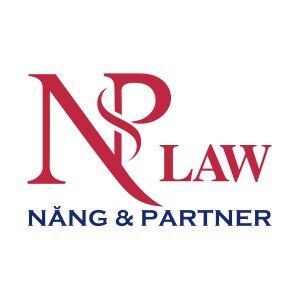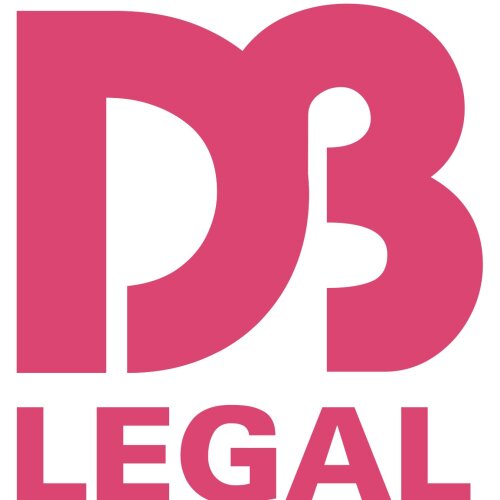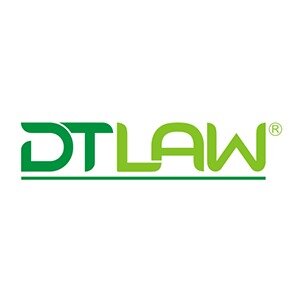Best Energy Regulatory Law Lawyers in Hanoi
Share your needs with us, get contacted by law firms.
Free. Takes 2 min.
List of the best lawyers in Hanoi, Vietnam
About Energy Regulatory Law in Hanoi, Vietnam
Energy Regulatory Law in Hanoi, Vietnam governs the production, distribution, consumption, and regulation of energy resources such as electricity, gas, renewable energy, and related services. This area of law ensures that energy is supplied safely, sustainably, and fairly, while addressing economic, environmental, and technological challenges specific to the region. In Hanoi, policies and legal frameworks are shaped by national legislation, local ordinances, and sector-specific regulations aimed at modernizing the energy market, promoting investment, and ensuring compliance with Vietnam’s commitments to environmental protection and renewable energy development.
Why You May Need a Lawyer
Navigating the complexities of Energy Regulatory Law in Hanoi may require legal expertise for various reasons. Common situations include:
- Obtaining permits for energy production or distribution projects
- Negotiating power purchase agreements and contracts
- Complying with national and local environmental standards
- Understanding and adapting to tariffs, subsidies, and incentives
- Participating in bidding for energy projects or public-private partnerships
- Resolving disputes between energy providers, consumers, or government agencies
- Seeking approval for foreign direct investments in the energy sector
- Managing renewable energy projects and compliance documentation
- Advising on electricity or gas utility franchise arrangements
A lawyer can help individuals and businesses protect their interests, steer clear of regulatory pitfalls, and navigate any emerging legal challenges connected to energy regulation.
Local Laws Overview
Energy Regulatory Law in Hanoi operates within the framework of Vietnam’s national energy strategy, but there are several local features to be aware of. Key aspects include:
- Electricity Law - This sets out the basic regulatory structure for development and operations in the electricity sector, including power generation, transmission, distribution, and retail sales.
- Renewable Energy Regulations - Local and national policies provide mechanisms for investment in solar, wind, hydroelectric, and bioenergy sectors.
- Tariffs and Pricing Mechanisms - The government controls and publishes guidelines on electricity pricing, with the role of the Electricity Regulatory Authority of Vietnam in adjusting tariffs based on market and social needs.
- Environmental Standards - Energy projects are required to comply with strict environmental impact assessments, especially in urban districts like Hanoi where population density is high.
- Investment Incentives - The law outlines different incentives for projects using clean or renewable energy to encourage investment and technological innovation.
- Licensing and Compliance - Businesses must navigate complex licensing procedures at various levels, often requiring approvals from multiple agencies.
Local ordinances in Hanoi may impose further requirements on project location, public safety, and coordination with municipal development plans to ensure sustainable urban growth.
Frequently Asked Questions
What types of energy projects require legal permits in Hanoi?
All commercial energy projects, including power plants, transmission lines, and renewable energy installations, require permits from relevant government agencies. Depending on the project size and impact, this may include environmental, construction, and operational approvals.
Who regulates energy prices in Hanoi?
Energy prices are regulated primarily by the Ministry of Industry and Trade and the Electricity Regulatory Authority of Vietnam, which set tariffs and ensure fair pricing for both consumers and industry players.
Are there incentives for renewable energy projects in Hanoi?
Yes, there are various incentives for investments in renewable energy, including tax breaks, feed-in tariffs, and support for technology transfer, especially for solar and wind power projects.
What environmental regulations affect energy projects in Hanoi?
Projects must comply with the Law on Environmental Protection, which requires comprehensive environmental impact assessments and ongoing compliance with pollution control standards.
How are disputes in the energy sector resolved?
Disputes may be resolved through negotiation, mediation, or litigation. The most common forums are local courts and arbitration panels, sometimes with oversight from relevant regulatory authorities.
Can foreign companies own energy projects in Hanoi?
Yes, foreign ownership is allowed but subject to compliance with investment regulations, including project registration, licensing, and possible ownership limits in certain strategic sectors.
How does one obtain a license for energy distribution in Hanoi?
An application must be submitted to the relevant government authority, often requiring detailed project documentation, proof of technical capacity, environmental plans, and financial statements.
What role does the local government play in energy regulation?
The local government implements national regulations, oversees urban planning, grants permits, and monitors compliance within Hanoi. They also coordinate with central authorities to support major projects.
Are there regulations on importing energy technology?
Yes, importation of certain technologies requires compliance with national standards on safety and quality, as well as customs and certification requirements.
Is approval needed for off-grid renewable energy installations?
Small-scale installations for personal use may not require extensive permitting, but larger commercial or community-based projects typically need approval to ensure compliance with safety and urban planning regulations.
Additional Resources
Several organizations and governmental bodies in Hanoi and Vietnam can provide further information and guidance regarding Energy Regulatory Law:
- Ministry of Industry and Trade (MOIT) - Oversees national energy policy and regulations
- Electricity Regulatory Authority of Vietnam (ERAV) - Handles licensing, tariff regulation, and compliance
- Hanoi Department of Industry and Trade - Manages local energy industry permits and oversight
- Vietnam Chamber of Commerce and Industry (VCCI) - Offers support for investors and project developers
- National Center for Clean and Renewable Energy - Provides research and advisory services
- Vietnam Bar Federation - Source for qualified energy law practitioners
- Local law firms with expertise in energy regulation
Next Steps
If you are in need of legal assistance in Energy Regulatory Law in Hanoi, consider the following actions:
- Determine the scope and nature of your legal concern, such as licensing, compliance, contract negotiation, or dispute resolution
- Gather all relevant documentation, including project details, correspondence with authorities, and any prior approvals
- Identify and contact a lawyer or legal firm specializing in energy law within Hanoi who is familiar with local regulations
- Consult with your chosen legal expert to assess potential legal strategies and clarify your options
- Engage in ongoing communication to ensure all regulatory and compliance requirements are met throughout your energy project or transaction
Taking prompt and informed steps in obtaining legal counsel will help you avoid costly mistakes, accelerate approvals, and navigate the evolving landscape of energy regulation in Hanoi.
Lawzana helps you find the best lawyers and law firms in Hanoi through a curated and pre-screened list of qualified legal professionals. Our platform offers rankings and detailed profiles of attorneys and law firms, allowing you to compare based on practice areas, including Energy Regulatory Law, experience, and client feedback.
Each profile includes a description of the firm's areas of practice, client reviews, team members and partners, year of establishment, spoken languages, office locations, contact information, social media presence, and any published articles or resources. Most firms on our platform speak English and are experienced in both local and international legal matters.
Get a quote from top-rated law firms in Hanoi, Vietnam — quickly, securely, and without unnecessary hassle.
Disclaimer:
The information provided on this page is for general informational purposes only and does not constitute legal advice. While we strive to ensure the accuracy and relevance of the content, legal information may change over time, and interpretations of the law can vary. You should always consult with a qualified legal professional for advice specific to your situation.
We disclaim all liability for actions taken or not taken based on the content of this page. If you believe any information is incorrect or outdated, please contact us, and we will review and update it where appropriate.





